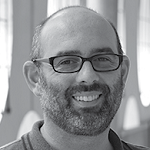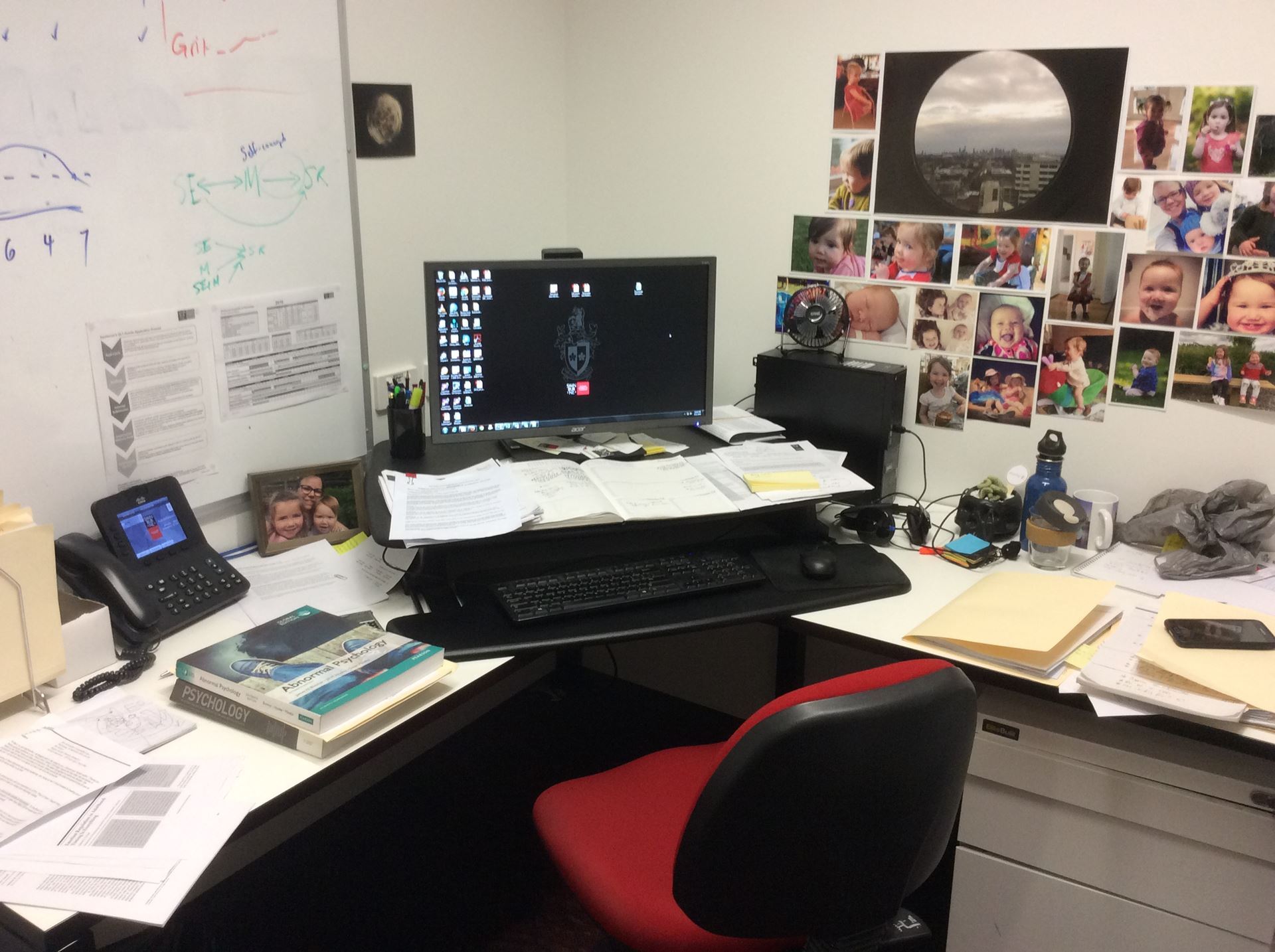 School name: Swinburne University of Technology
School name: Swinburne University of Technology
Type of school: University (post-secondary, tertiary education institution)
School locale: Hawthorn, which is an inner suburb of Melbourne, Australia (about 10km from the CBD)
Classes you teach: Introductory Psychology, Abnormal Psychology, Psychology of Personality
Average class size: 200-400 students
What’s the best advice about teaching you’ve ever received?
An ex-colleague told me to always use evidence-based teaching methods. As a starting lecturer this was a new idea for me. It sounds strange for me to say now that I didn’t know there was research being done on teaching in higher education, but at the time… We teach our students to base their assignments and arguments on evidence so we should practice what we preach, as a starting academic it was a new idea to me that there was an evidence base to teaching, when I was doing casual tutoring during my PhD teaching was based on gut feel/instinct, there is a place for this but....
What book or article has shaped your work as a psychology teacher?
“Improving students’ learning with effective learning techniques: Promising directions from cognitive and educational psychology” by Dunlosky, Rawson, Marsh, Nathan, and Willingham and published in Psychological Science in the Public Interest. While many of the ideas are not new (and that is kind of the point of the article) it was good to see a comprehensive evaluation of the effectiveness of learning strategies in different contexts. I try to structure the learning activities in my units around the strategies shown in this review article to be most effective for students in higher education.
Briefly tell us about your favorite lecture topic or course to teach.
I would have to say Abnormal Psychology is my favourite course to teach. It is the course that every student looks forward to throughout their undergraduate degree. The students are often very engaged with the content – it is a good opportunity to bust some of the common myths surrounding public perceptions of mental health and how ‘abnormality’ is defined.
Briefly describe a favorite assignment or in-class activity.
In-class activities on sensation and perception always get a good response from students. Explaining how illusions like the ‘stopped clock’ and motion and colour after-effects work in the brain and visual system demonstrates how the ideas we are learning can be applied to real-life situations. Many students have experienced these illusions but don’t yet know how to explain them, so I kind of feel like a magician giving away his secrets!
What teaching and learning techniques work best for you?
In terms of achieving learning outcomes for students, a brain jigsaw activity I have adapted from a worksheet developed by Valeri Werpetinski at University of Illinois at Urbana-Champagne works really well. Students work together in small ‘expert’ groups to apply biological aspects of psychology (brain structure and function, neurotransmitters) to a real-life scenario. They then return to their ‘home’ groups to teach their colleagues what they have learned from their ‘expert’ groups. The activity serves many purposes, including group interaction and learning how to teach, as well as engaging them in a topic (biological aspects of psychology) that many of them wouldn’t ordinarily be interested in.
 What’s your workspace like? I would describe it as organised chaos.
What’s your workspace like? I would describe it as organised chaos.
Three words that best describe your teaching style.
Relaxed, receptive, inclusive.
Tell us about a teaching disaster (or embarrassment) you’ve had and how you dealt with the situation. I'm sure there were many early on in my career but I seem to have repressed them! Forgetting during a live lecture why I have put a particular PowerPoint slide in or losing my train of thought are probably the most common embarrassments. I have learnt that the best response is to own up to a memory lapse and try to inject some humour into the situation.
What is something your students would be surprised to learn about you?
Even after all these years of teaching I still get nervous before each and every lecture. I like to think that I come across as relaxed in the classroom (see above), so students would be surprised to know that I still have an edge of nervousness, particularly early on in the semester.
What are you currently reading for pleasure?
Zero K by Don DeLillo. I also like to read the newspaper every day so I can keep up with what’s happening in the world outside the academic bubble.
What tech tool could you not live without?
My iPad – I take it with me everywhere (except when I go on holidays)
